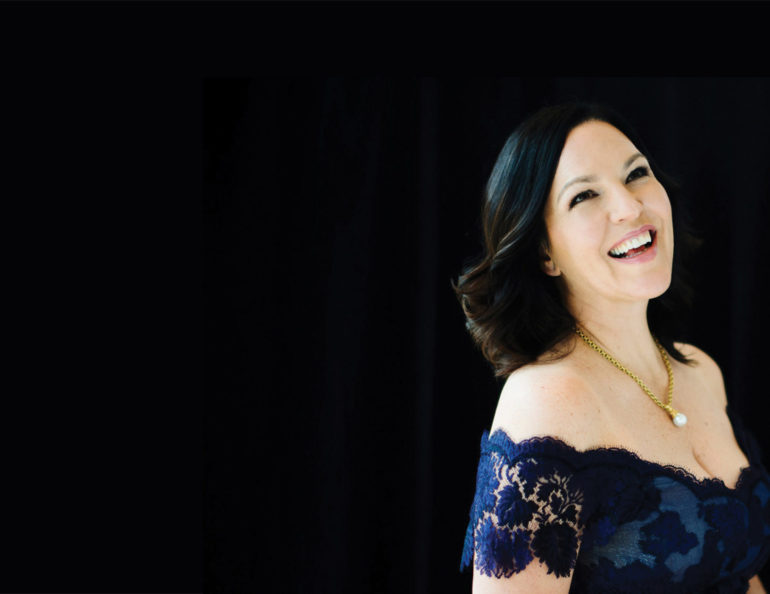Although Schubert lived only 31 years, he composed nearly 1000 pieces. More than six hundred of them are art songs or lieder, a genre in which he proved himself a supreme master. They communicate every possible emotion, from peace and romantic warmth to heartbreak to terror, as the outstanding examples you will hear at this concert will convincingly demonstrate. Many great composers have known and loved this glorious music, and some of them have paid their respects by preparing sensitive, stylistically appropriate orchestral transcriptions of the original piano accompaniments. Demonstrating the breadth of this music’s appeal, you will hear examples prepared by composers from England (Benjamin Britten), Austria (Anton Webern), France (Hector Berlioz), Germany (Max Reger) and Hungary (Franz Liszt).
The lightly teasing An Sylvia (To Sylvia, 1826) sets a German translation of verses from Shakespeare’s play The Two Gentlemen of Verona. Who is Sylvia, and is she as kind as she is beautiful?
Die Forelle (The Trout, 1817). This (mostly) jolly piece tells the tale of an encounter between a fish and a fisher. Two years after composing the song, Schubert used the main melody as the point of departure for a set of variations in the Piano Quintet. That was the source of its nickname, “Trout Quintet.”
The text of Die junge Nonne (The Young Nun, 1825) tells the story of a woman whose heart was formerly beset by rage, but who has come to know peace through the love of Christ.
Der Wegweiser (The Signpost, 1827) comes from the magnificent song-cycle Winterreise (Winter’s Journey), one of Schubert’s final creations. It tells how a man wanders inconsolably through a landscape that mirrors his melancholy inner feelings.
In October 1814, the seventeen-year-old Schubert read Goethe’s literary masterpiece, Faust, the story of a learned doctor who sells his soul to Satan. Gretchen is an innocent young woman whom Faust seduces and abandons. In a single day, Schubert composed the melancholy song Gretchen am Spinnrade (Gretchen at the Spinning Wheel). The accompaniment mirrors the motion of Gretchen’s wheel.
Erlkönig (The Erl King, 1815) sets a poem by Johann Wolfgang von Goethe. It tells, in graphic style, a macabre story about a demon that is menacing a young boy. His father, carrying him in his arms, rides desperately on horseback to escape from the monster and reach safety back at home. Schubert skillfully portrayed and differentiated the three characters, and built maximum tension from first bar to last. Berlioz, with his vivid sense of the macabre, was the ideal orchestral interpreter of this piece.
Program Notes © 2019 Don Anderson






